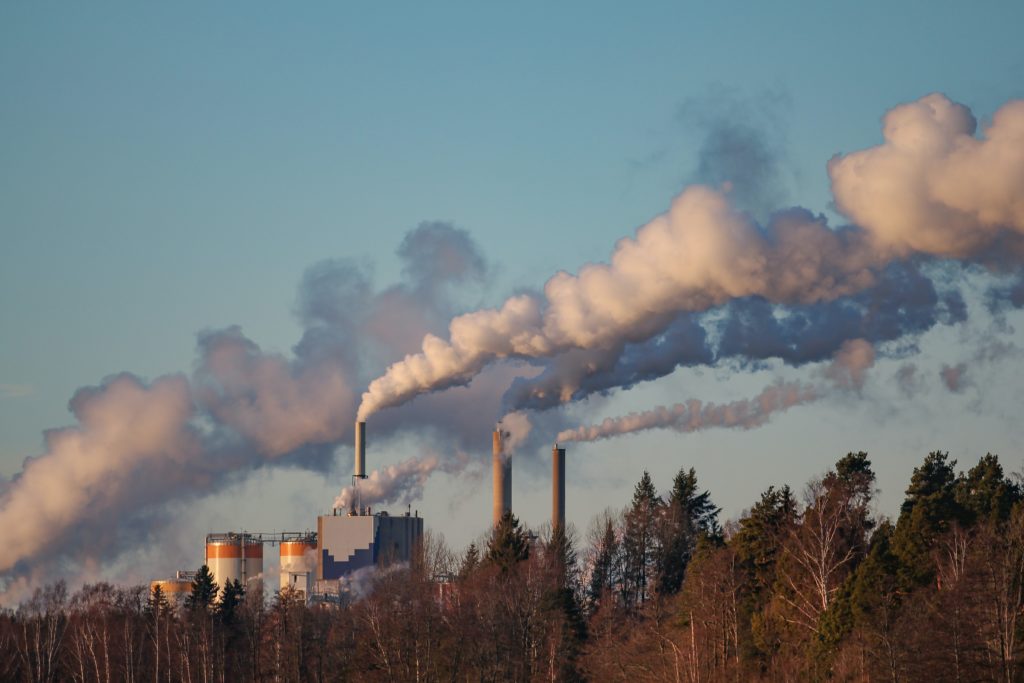The COP26 conference finally wrapped up after going into overtime into this past Saturday. Last week we saw countries making pledges and discussing ways to keep the temperature increase to under 1.5°C by the end of the century, a goal set during the Paris Agreement in 2015 and mission for the conference. This week we were supposed to see the progression of pledges into written and signed declarations that would spur policy for each respective country. However, many argue that this was not achieved.
The main accomplishment from the first week of the conference was the agreement to no longer fund new coal plants and to start moving toward renewable energy, with countries from all over the world pledging different timelines and methods that would work for each of them. Unfortunately, this week this all fell apart during negotiations. India, who initially spoke up for switching to renewable energy by 2030 and phasing out coal, doubled back when official declarations were made. Many countries, including India, argued that it’s unfair to ask them to “phase out” coal when they rely on coal today for energy.
India’s environment and climate minister, Bhupender Yadav, voiced concerns: “How can anyone expect that developing countries can make promises about phasing out coal and fossil fuel subsidies when developing countries have still to deal with their development agendas and poverty eradication?” In the end, the language for the final declaration was “phase down” coal use rather than phase-out. This was the most critical decision of the conference, and objectively was one of the biggest disappointments.
However, there was still progress made during the 2021 UN Climate Conference. The U.S. and China came together, to everyone’s surprise, to make a monumental statement that the two countries will work together to decrease emissions. As the two countries are the biggest emitters globally, there is hope that this could make a significant change to mitigate climate change if this declaration is followed with concrete policies.
Other progress made was a coalition of countries, including Brazil and Russia, that pledged to reverse deforestation by 2030, over a hundred countries promised to reduce methane emissions by 30 percent before the end of the decade, and the UN committee will meet again next year to discuss the annual climate funding of $100 billion that had failed to be delivered last year.
Unfortunately, the estimated temperature increase remains 2.7°C by 2100. I hope that the people’s frustration will spur national governments to instill policies and discuss climate change on a more frequent basis. From 2015 until now, climate change has become a much more frequent topic of discussion; we are more aware and demand more change from our governments. Hopefully, it comes before it’s too late.
Get more like this—Sign up for our daily inspirational newsletter for exclusive content!
___
Photo: Daniel Moqvist on Unsplash





